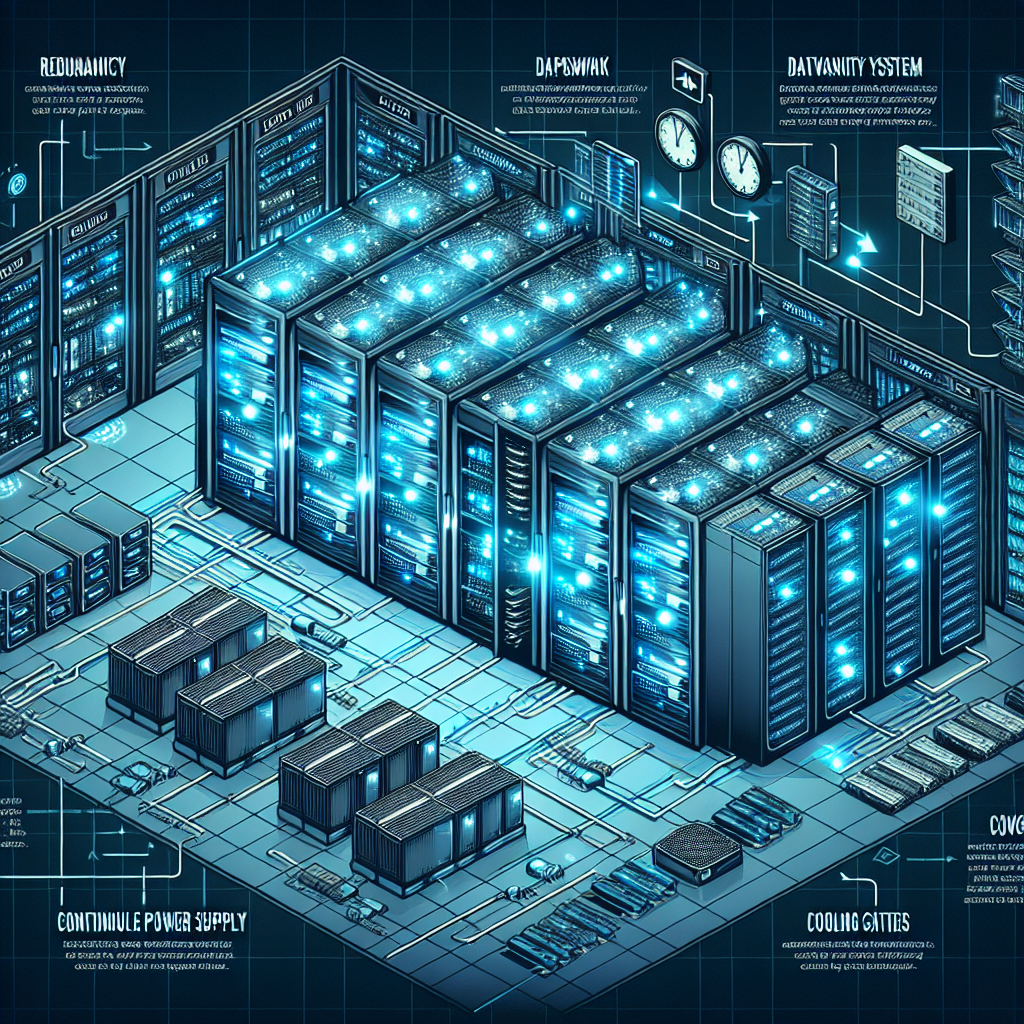Your cart is currently empty!
The Role of Redundancy and Backup Systems in Maintaining Data Center Uptime

In today’s digital age, data centers play a crucial role in storing and processing vast amounts of information for businesses and organizations. With so much riding on the availability and reliability of these data centers, ensuring uptime is of utmost importance. One key aspect of maintaining uptime is the implementation of redundancy and backup systems.
Redundancy refers to the practice of having duplicate systems or components in place to ensure continuous operation in the event of a failure. This redundancy can be built into various aspects of a data center, including power supplies, cooling systems, networking equipment, and storage devices. By having redundant systems in place, data centers can continue to function even if one component fails.
Backup systems, on the other hand, involve creating copies of data that can be used to restore operations in the event of a catastrophic failure. These backups can be stored on-site or off-site, and can be performed regularly to ensure that the most up-to-date information is available for recovery. Having robust backup systems in place is essential for protecting against data loss and minimizing downtime.
The role of redundancy and backup systems in maintaining data center uptime cannot be overstated. Without these measures in place, data centers are vulnerable to outages that can result in significant financial losses and damage to a company’s reputation. By investing in redundancy and backup systems, data center operators can minimize the risk of downtime and ensure that critical operations continue uninterrupted.
In addition to preventing downtime, redundancy and backup systems can also enhance the overall performance and efficiency of a data center. By distributing workloads across redundant systems, data centers can better handle peak loads and ensure that resources are utilized efficiently. Backup systems can also be used for testing and development purposes, allowing operators to experiment with new configurations without risking the loss of critical data.
In conclusion, redundancy and backup systems play a vital role in maintaining data center uptime. By investing in these measures, data center operators can protect against downtime, data loss, and performance issues, ensuring that critical operations continue to run smoothly. As the reliance on data centers continues to grow, the importance of redundancy and backup systems will only increase in importance.

Leave a Reply